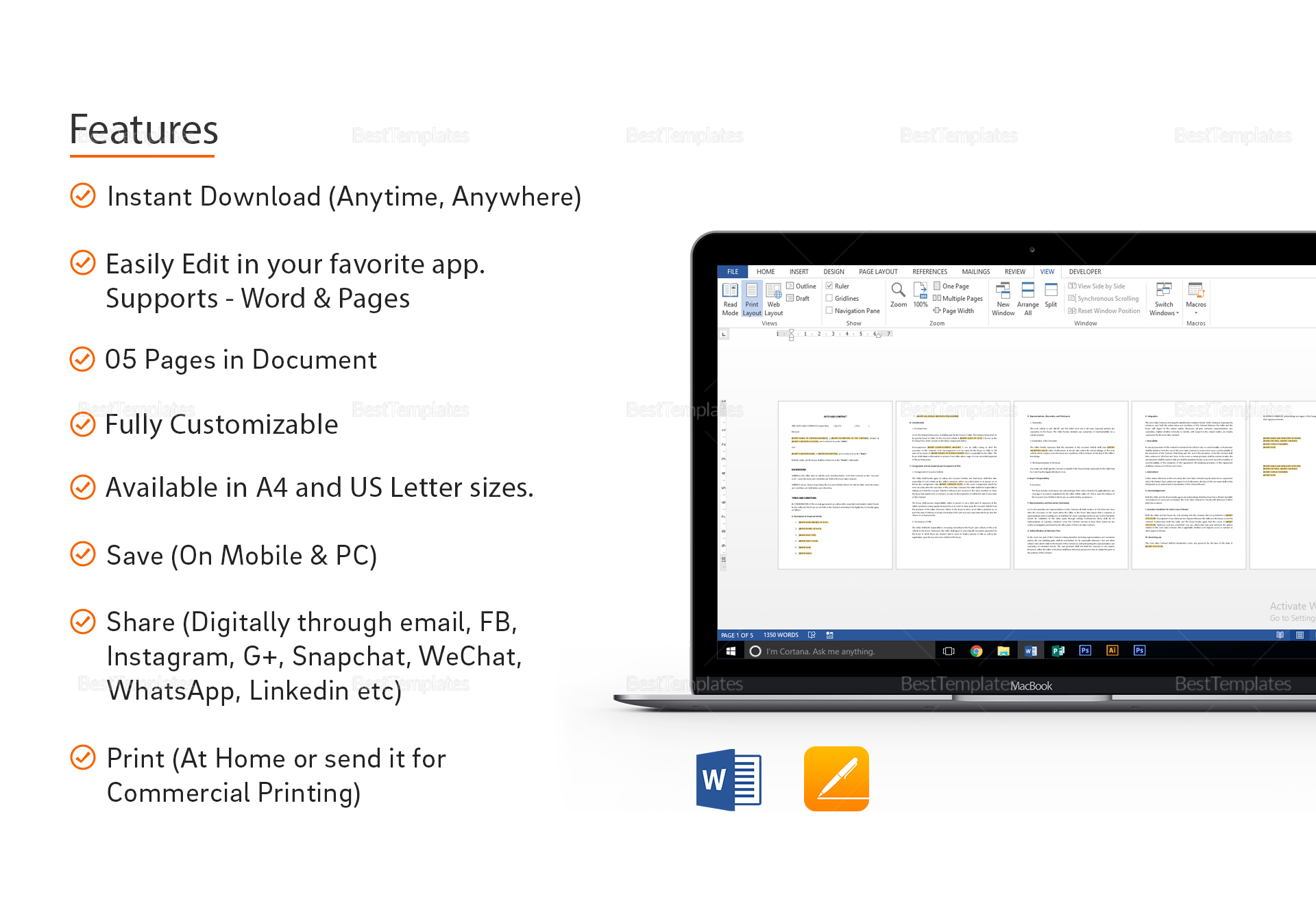Indeed auto salesterms of use – Indeed Auto Sales: Terms of Use govern the buying and selling of vehicles on Indeed’s platform. Understanding these terms is crucial for both dealerships and individual sellers to ensure compliance and a safe transaction experience. This guide explores key aspects, from listing requirements and payment security to dispute resolution and data privacy, providing a comprehensive overview for navigating the platform effectively.
This document aims to clarify the responsibilities of all parties involved in using Indeed’s auto sales section, addressing common concerns and offering practical advice for a smooth and successful experience. We will examine the intricacies of listing vehicles, handling payments securely, and resolving potential disputes, ensuring a clear understanding of the platform’s rules and regulations.
Understanding Indeed’s Auto Sales Terms of Use
Indeed’s auto sales platform, like other online marketplaces, operates under a set of Terms of Use designed to protect both buyers and sellers, maintain a fair and transparent environment, and ensure compliance with relevant laws and regulations. Understanding these terms is crucial for dealerships and individual sellers to avoid potential violations and ensure a smooth selling experience.
Key Sections of Indeed’s Auto Sales Terms of Use
This section Artikels the critical components of Indeed’s Terms of Use specifically concerning auto sales listings. These typically include sections detailing acceptable vehicle listings, prohibited content, payment methods, user responsibilities, dispute resolution, and liability limitations. Specific clauses may address issues such as the accuracy of vehicle descriptions, the legality of the sale, and the responsibility for handling transactions.
A thorough review of these sections is essential before listing any vehicle.
Responsibilities of Dealerships and Individual Sellers
Dealerships and individual sellers on Indeed’s auto sales platform share certain responsibilities. These include accurately representing the vehicle’s condition, providing complete and truthful information in the listing, complying with all applicable laws and regulations regarding vehicle sales, and responding promptly and professionally to inquiries from potential buyers. Failure to meet these responsibilities can result in account suspension or legal repercussions.
For example, misrepresenting a vehicle’s mileage or concealing significant mechanical issues is a serious breach of these terms.
Restrictions on Advertising Practices
Indeed’s auto sales section likely imposes restrictions on advertising practices to maintain a consistent and trustworthy platform. These restrictions might include prohibitions against misleading or deceptive advertising, spam, unsolicited communications, and the use of inappropriate or offensive language. Additionally, there may be limitations on the number of listings allowed per account and restrictions on the types of promotional materials permitted.
For instance, exaggerated claims about a vehicle’s performance or features would be considered a violation.
Obtain recommendations related to rubmap los angeles that can assist you today.
Comparison to Other Major Job Boards or Classifieds Sites
While Indeed’s specific auto sales Terms of Use might vary slightly from other major job boards or classifieds sites like Craigslist or AutoTrader, the core principles remain largely consistent. All platforms generally aim to create a safe and reliable environment for transactions, emphasizing accurate representations of goods, responsible user behavior, and adherence to legal requirements. However, the specific details regarding payment processing, dispute resolution, and liability may differ depending on the platform’s policies and the legal jurisdiction involved.
For example, some platforms may offer escrow services for added security, while others may rely on user-to-user agreements.
Dispute Resolution and Legal Considerations: Indeed Auto Salesterms Of Use

Understanding how disputes are handled and the legal framework governing Indeed’s auto sales platform is crucial for both buyers and sellers. This section Artikels the processes for resolving disagreements and clarifies the limitations of Indeed’s liability. It aims to provide a clear understanding of your rights and responsibilities when using the platform.Indeed strives to facilitate a smooth and trustworthy environment for auto sales transactions.
However, disagreements may still arise. The following details the steps involved in addressing these disputes and the legal context in which they are resolved.
Dispute Resolution Process
Indeed’s auto sales platform does not directly mediate disputes between buyers and sellers. Resolution relies primarily on the users involved to communicate and find a mutually agreeable solution. If a direct resolution isn’t possible, users may need to pursue alternative dispute resolution methods such as mediation or arbitration, or initiate legal action through the appropriate courts. Indeed provides contact information for support, but does not act as an arbiter in these disagreements.
Documentation of the transaction, including communication and agreements, is highly recommended for any potential dispute resolution.
Relevant Legal Jurisdictions
The legal jurisdiction applicable to a dispute arising from an auto sales transaction on Indeed depends on several factors, including the location of the buyer, the seller, and where the vehicle is located. Generally, the laws of the state or country where the contract was formed or where the vehicle was delivered will apply. It is the responsibility of both the buyer and seller to understand and comply with all applicable laws and regulations.
Legal counsel should be sought if needed to determine the appropriate jurisdiction and applicable laws.
Limitations of Indeed’s Liability
Indeed acts as a platform connecting buyers and sellers; it does not guarantee the legitimacy of listings or the trustworthiness of users. Indeed is not liable for losses resulting from fraudulent activity, misrepresentation, or breaches of contract between users. While Indeed implements measures to prevent fraudulent activity, it cannot guarantee the complete elimination of such risks. Users are encouraged to exercise due diligence in verifying the identity and legitimacy of the other party before completing a transaction.
This includes independently verifying vehicle information, titles, and the seller’s identity.
Dispute Resolution Options
The following table summarizes different dispute resolution options available to users:
| Dispute Type | Resolution Method | Timeframe | Contact Information |
|---|---|---|---|
| Disagreement over vehicle condition | Direct negotiation between buyer and seller; mediation; small claims court | Varies depending on the chosen method | Buyer and seller contact information (provided through Indeed’s platform); relevant court information |
| Non-payment or non-delivery of vehicle | Legal action (e.g., breach of contract claim); small claims court; law enforcement (in cases of fraud) | Varies significantly depending on legal processes | Buyer and seller contact information; relevant legal authorities |
| Fraudulent activity | Law enforcement; reporting to Indeed (for platform account suspension); legal action | Varies greatly depending on the investigation and legal proceedings | Law enforcement agencies; Indeed’s customer support; legal counsel |
Payment and Transaction Security

Ensuring secure and reliable payment processing is paramount for both buyers and sellers using Indeed’s auto sales platform. We understand the significant financial commitment involved in purchasing a vehicle, and we’ve implemented various measures to protect all parties involved throughout the transaction. This section details the accepted payment methods, security protocols, and responsibilities of each party to facilitate a smooth and trustworthy experience.
Indeed’s auto sales platform currently supports several secure payment methods designed to minimize risk and maximize convenience. The specific options available may vary depending on the individual transaction and the agreement between buyer and seller. However, we encourage the use of secure payment methods whenever possible.
Accepted Payment Methods
While Indeed does not directly process payments, we strongly recommend utilizing secure and verifiable methods to ensure the safety of both parties. Examples include bank-to-bank wire transfers, cashier’s checks, and certified funds. These methods offer a higher level of security and traceability compared to cash or personal checks. The use of escrow services is also encouraged, as they provide an independent third-party oversight of the transaction, holding the funds until both parties confirm the successful completion of the sale.
Security Measures Implemented by Indeed
Indeed employs several measures to protect users from fraudulent payments and activities. While we cannot guarantee complete protection against all forms of fraud, we actively work to minimize risks. Our platform incorporates features designed to verify user identities, monitor transactions for suspicious activity, and provide educational resources to help users make informed decisions. We encourage users to report any suspicious activity immediately.
Responsibilities of Buyers and Sellers Regarding Payment Processing, Indeed auto salesterms of use
Both buyers and sellers have crucial responsibilities in ensuring secure payment processing. Buyers should verify the seller’s identity and legitimacy before committing to a purchase. Thorough inspection of the vehicle before payment is strongly advised. Sellers should clearly communicate their preferred payment methods and ensure the security of their financial information. Both parties should maintain detailed records of the transaction, including communication logs, payment confirmations, and vehicle documentation.
Typical Payment Process Flowchart
The following describes a typical payment process for an auto sale on Indeed. This is a simplified representation, and the actual process may vary based on the chosen payment method and the agreement between the buyer and seller.
Step 1: Buyer and Seller Agree on Terms
– The buyer and seller agree on the vehicle’s price, condition, and payment method.
Step 2: Payment Method Selection and Verification
-The buyer and seller confirm the chosen payment method, ensuring both parties understand the process and associated risks.
Step 3: Payment Initiation
-The buyer initiates the payment according to the agreed-upon method.
Step 4: Payment Confirmation
-The seller confirms receipt of the payment and verifies its authenticity.
Step 5: Vehicle Transfer
-Once the payment is confirmed, the seller transfers ownership of the vehicle to the buyer.
This typically involves signing over the title and providing all necessary documentation.
Step 6: Transaction Completion
-Both parties confirm the successful completion of the transaction.
Illustrative Scenarios
Understanding the potential consequences of violating Indeed’s Auto Sales Terms of Use and the dispute resolution process is crucial for both buyers and sellers. The following scenarios illustrate common situations and their resolutions.
Violation of Indeed’s Terms of Use and Potential Consequences
This scenario depicts a user, John, who posts a vehicle listing without providing accurate details about the vehicle’s mileage. He knowingly misrepresents the car’s condition to attract more buyers. Indeed’s Terms of Use clearly state that accurate and truthful information is required for all listings. As a result of John’s actions, his listing is removed by Indeed.
Further, his account may be suspended or permanently banned from the platform, preventing future use of Indeed’s auto sales services. John may also face legal repercussions if a buyer is harmed by his fraudulent representation. This highlights the importance of adhering to Indeed’s guidelines and providing honest information.
Dispute Resolution Between Buyer and Seller
Consider a scenario where Sarah buys a used car from Mark through Indeed’s platform. After the purchase, Sarah discovers significant mechanical issues not disclosed in the listing. Mark refuses to acknowledge the problem or offer a solution. Following Indeed’s dispute resolution process, Sarah first contacts Mark to attempt a direct resolution. If this fails, she files a dispute with Indeed’s customer support, providing evidence such as repair quotes and photos of the mechanical issues.
Indeed will investigate the claim, reviewing the listing, communication records, and the evidence provided by both parties. Depending on the findings, Indeed may mediate the dispute, recommending a solution such as a partial refund or repair compensation. In cases of clear violation of terms, Indeed may take action against the seller, including account suspension or removal of the listing.
Compliant Auto Sales Listing
This example illustrates a fully compliant auto sales listing on Indeed’s platform. The listing is for a 2018 Honda Civic, silver in color, with 65,000 miles. The seller, Jane Doe, provides a detailed description of the vehicle’s features, including a sunroof, automatic transmission, and excellent fuel economy. The listing includes multiple high-quality photos showcasing the car’s interior and exterior from various angles.
Jane accurately describes the vehicle’s condition, noting minor scratches on the bumper and providing a Carfax report to verify the vehicle history. She clearly states the asking price of $15,000 and specifies her preferred method of payment (e.g., cashier’s check or bank transfer) to ensure secure transactions. Jane’s contact information is provided, along with a clear statement about the location where the vehicle can be viewed and inspected.
The listing adheres to all of Indeed’s guidelines regarding accuracy, transparency, and security, thus promoting a safe and trustworthy transaction for both the buyer and seller.
Successfully navigating Indeed’s auto sales platform requires a thorough understanding of its Terms of Use. By adhering to the guidelines Artikeld, both buyers and sellers can minimize risks, ensure secure transactions, and enjoy a positive experience. Remember to always prioritize responsible practices and familiarize yourself with the dispute resolution processes to address any unforeseen issues effectively. Safe and successful transactions are the ultimate goal.

